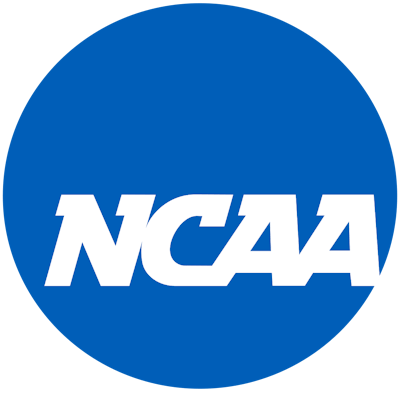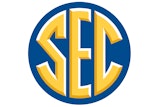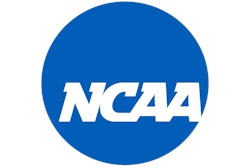
With the NCAA slowly losing its grip on NIL enforcement and athlete compensation, the Power Conferences are looking to manage these issues on their own.
According to SI.com, the Big Ten, SEC, ACC and Big 12, are seeking to create a new entity to oversee and regulate direct payments to athletes. The move would put the onus of enforcement on the new entity, including policing NIL payments, enforcing salary caps, and maintaining competitive balance in the era of professionalized college sports.
Power conferences this week took steps in creating a new entity to govern college sports’ rev-share system, sources tell @YahooSports.
— Ross Dellenger (@RossDellenger) February 6, 2025
The entity, overseen by a CEO, is built around an enforcement arm to police cap violators, phony NIL deals & tamperers.https://t.co/5EWh4iTN0O
SI.com reports that the transition team will be spearheaded by top athletic administrators from across the Power Four. Athletic directors like the Ohio State Buckeyes Ross Bjork, Clemson Tigers Graham Neff, and Texas A&M Aggies Trev Alberts are leading the charge, along with legal and compliance experts from schools such as the Arizona Wildcats,
The new entity will oversee the cap management system, ensuring schools stay within the $20.5 million annual revenue-sharing limit. Additionally it will establish and an NIL clearinghouse, run by Deloitte, to asses the fair market value of NIL deals and prevent schools from using booster-backed collectives to bypass the cap.
The Power Four will need to move quickly, as the House settlement is set to be approved on April 7, meaning schools will need to implement revenue-sharing by July.
Some athletes have already voiced opposition. A group of 67 players, led by former Mississippi State running back Kylin Hill, has filed a new antitrust lawsuit challenging the revenue-sharing structure, arguing that it fails to compensate players for their market value fully. .





































